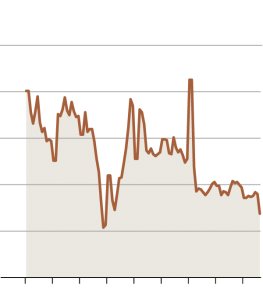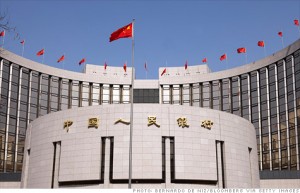With the recent discussions in the Comm 101 lectures and discussions about government interventions, I have decided to blog about a recent controversy involving China’s Central Bank.
In China’s current economy, industrial production is growing at a slow pace. As a solution, China’s central bank has decided to lend a grand total of $81 billion to the country’s five main banks. By injecting money, the banks can lend money to politically-linked companies in sectors such as advanced electronics and mass-market house constructions. Even though injecting money into banks is common for countries, countries do not typically inject a enormous sum of $81 billion at once, making this decision extremely controversial.
I personally believe China’s decision is excessive. Even though China’s economy is slowly growing, it is still going upwards; the same cannot be said about some economies on the globe. I believe government intervention is necessary in stimulating the economy and controlling prices, but using such a substantial amount of tax money to inject into banks is excessive. However, it is possible China’s plan may work; I understand that with such a substantial amount of money injected, the banks could loan an enormous sum of money into a larger range of companies, exponentially improving China’s economy. Government intervention is definitely a controversial topic with strong points from both sides; in this specific case, I believe China should be allowed to help stimulate the economy – I just believe the amount of money is extremely excessive.

